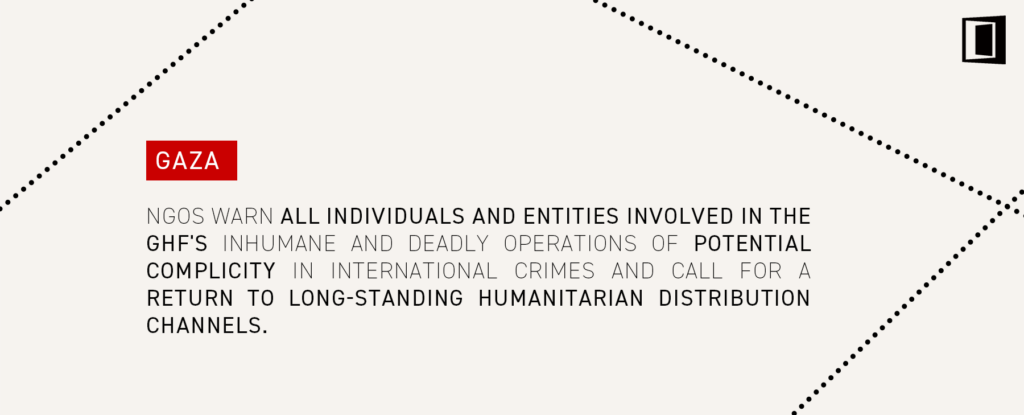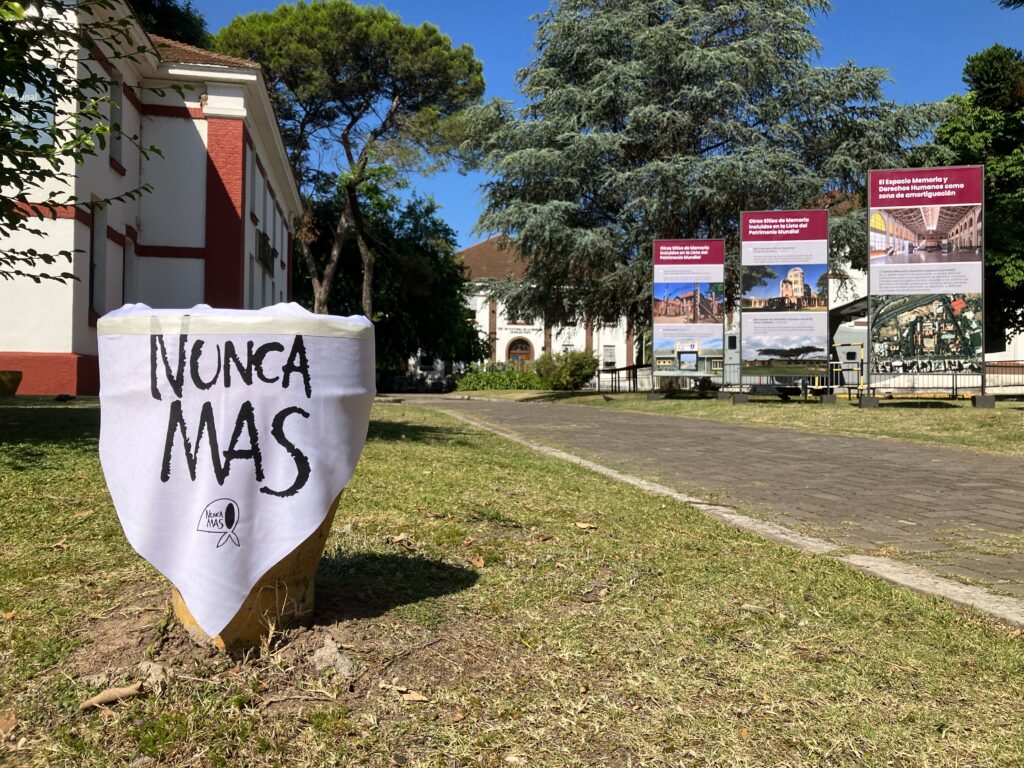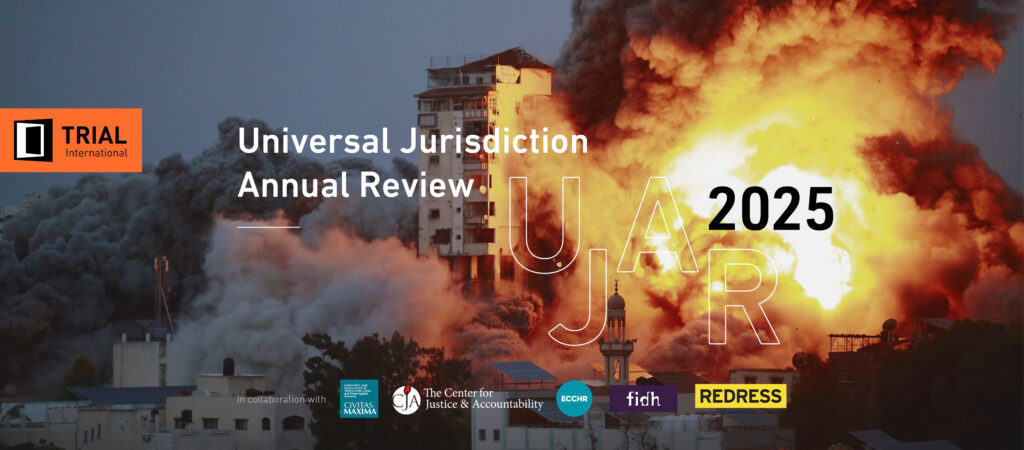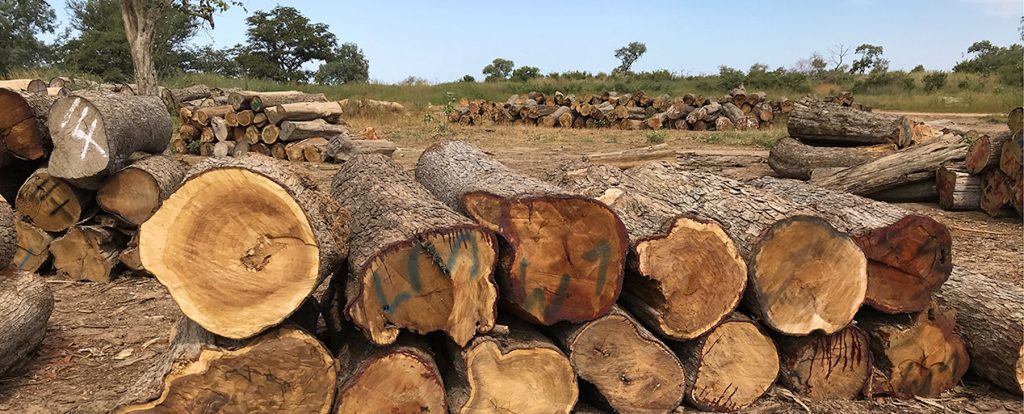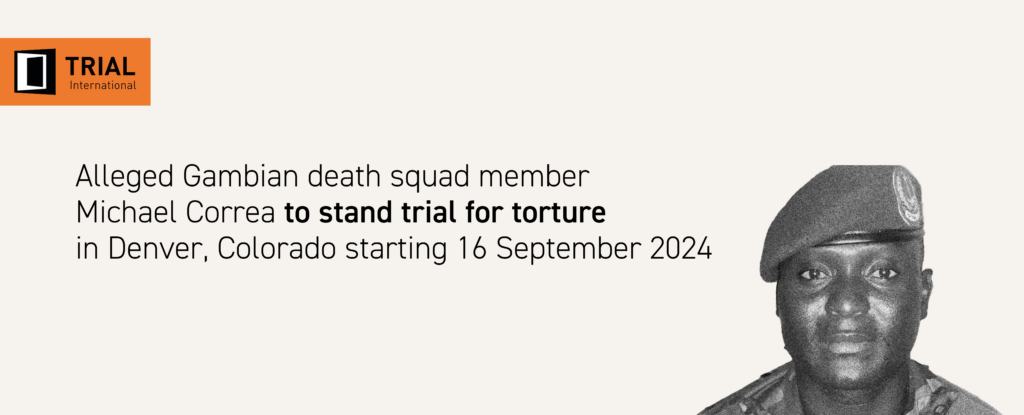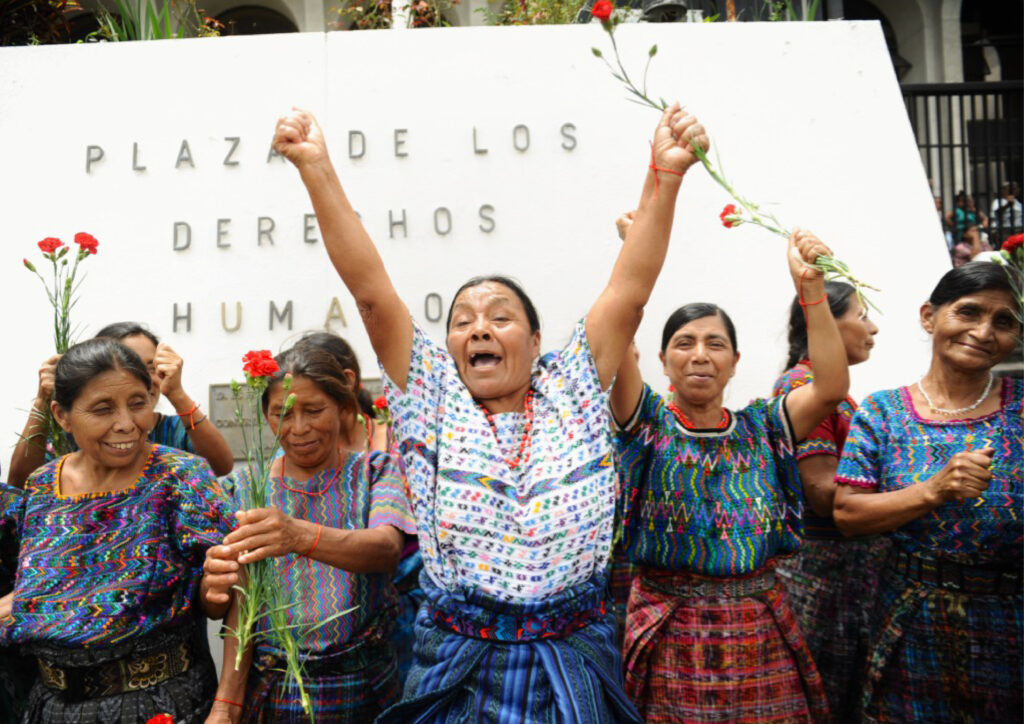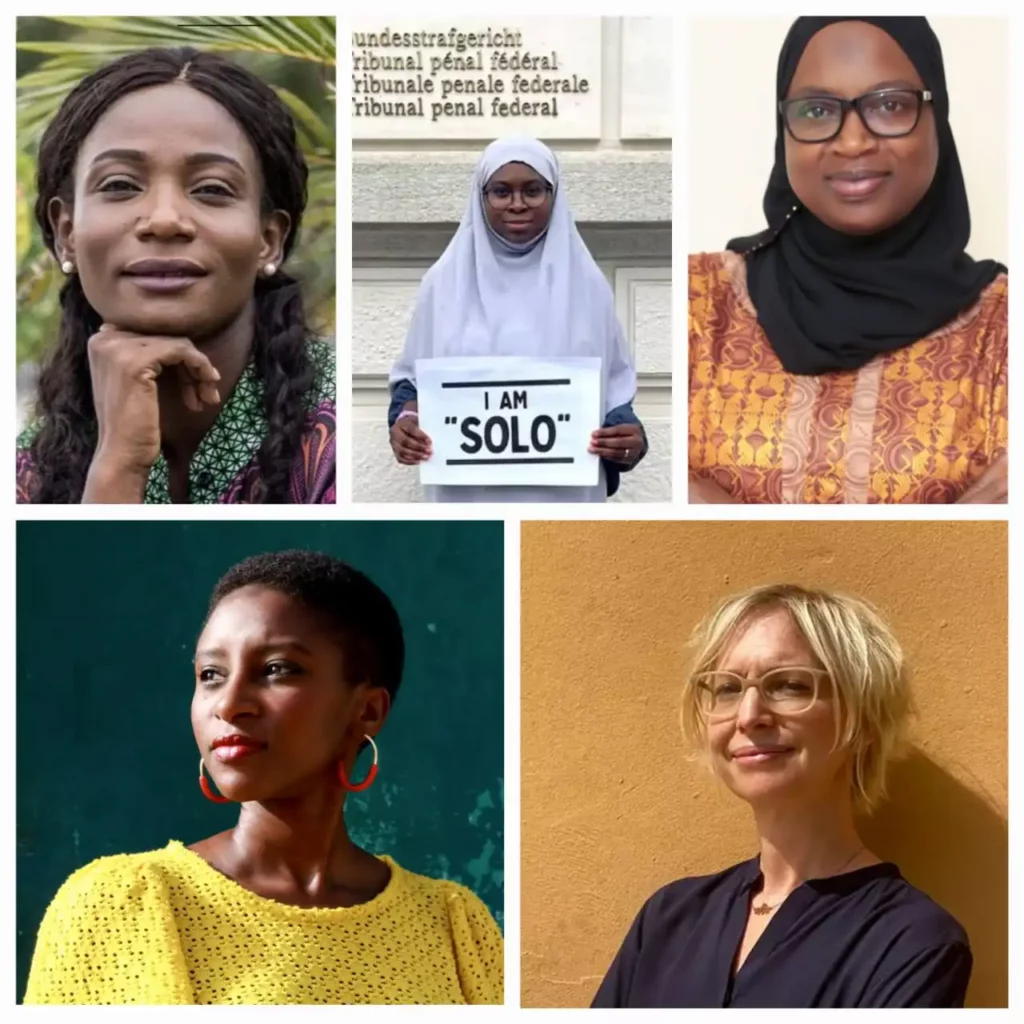Inside TRIAL’s criminal investigations
Benedict De Moerloose, Head of the Investigations and Criminal Law Department, explains how TRIAL chooses, builds and submits criminal cases.
TRIAL: Could you explain how criminal investigations work at TRIAL?
Benedict De Moerloose: TRIAL International launched the Investigations and Criminal Law Division in 2011 to bring before justice individuals and companies suspected of international crimes.
According to the principle of universal jurisdiction, any State may prosecute suspects of the gravest crimes, regardless of where those crimes were committed. States are increasingly making use of this capacity, but a lot has still to be done, and diplomatic interests remain, all too often, an obstacle to justice.
Thanks to its legal and investigative expertise, TRIAL sheds a light on some of these grave cases. By filing criminal complaints and providing evidence, it pushes the authorities to uphold its international obligations.
Aren’t criminal inquiries the prerogative of the prosecuting authorities?
They are, and we do not tread on the authorities’ toes. Our work is complementary to theirs. We often bring up cases that the authorities did not have on their radars. We are also able to access evidence that is beyond the authorities’ reach. For instance, we do not need to ask for international legal assistance through diplomatic channels to interview a potential witness outside the jurisdiction. Moreover, some witnesses and victims have lost trust into state authorities and prefer to first discuss with NGOs.
But eventually, the Attorney General alone decides whether to open a formal inquiry, hear the suspect and charge them.
Once the denunciation has been filed, TRIAL does not usually take part in the procedure. The parties are the Attorney General, the accused and the victims, represented by their lawyers. This does not preclude TRIAL’s ability to continue its investigation and provide the prosecuting authorities with evidence.
How does TRIAL conduct its investigations?
Over the years, we have developed our investigative capacities and our denunciations are now full-blown legal argumentations, with supporting evidence. The more compelling the case, the higher the chances that the Attorney General will follow through with prosecution.
Collecting evidence is a long and complex work. It requires patience and tenacity. Moreover, we are often investigating high-rank individuals, statesmen and military chiefs. Even when they are not in power anymore, they remain well connected and potentially threatening to whoever testifies against them. Security and confidentiality of our sources are paramount throughout the inquiry.
What are those sources?
We interact with multiple sources, at the local or international level. Of course, we verify thoroughly their credibility, in particular the witnesses. In some cases, we also delve more deeply into the evidence-gathering: field missions, interviews, archives researches, etc.
How do you choose the cases you work on?
Unfortunately, we cannot work on every potential case so we apply a range of criteria to select them.
If the first threshold of credibility is reached, we look at a number of other indicators : whether the jurisdiction has competence on the alleged crimes, whether it falls under TRIAL’s mandate, the chances of success, the potential threats, etc.
We also have to think strategically and aim for high-impact cases and cases from country where impunity is prevalent: going for “smaller fish” alone would reinforce a two-tier justice system.
Of course, we also need to take into account our own resources. We are a small team and need to keep forces to continue the fight!
Since its creation, TRIAL International has brought before the Swiss prosecuting authorities 17 cases against individuals and companies. These complaints triggered 10 criminal investigations – 8 of which are ongoing – and led to 2 convictions and 1 extradition

